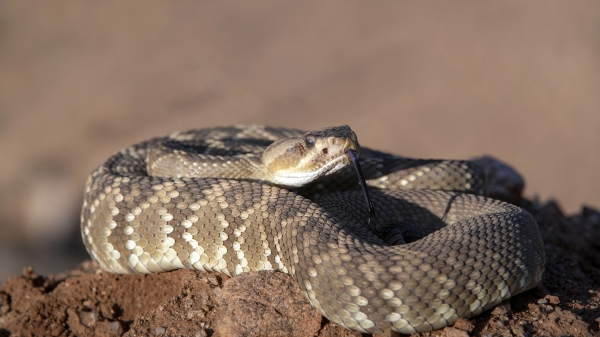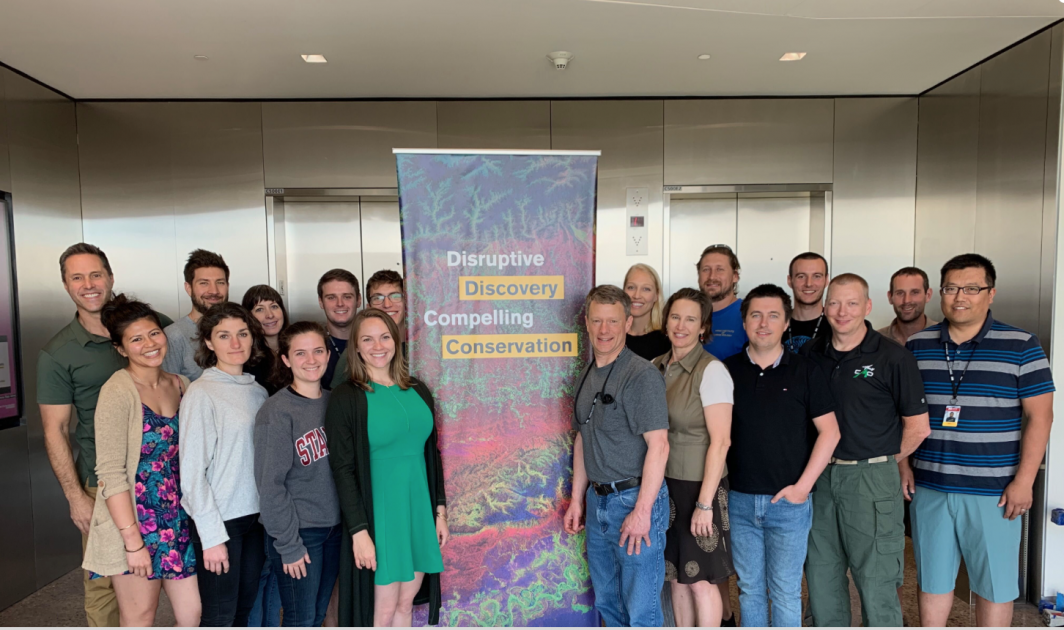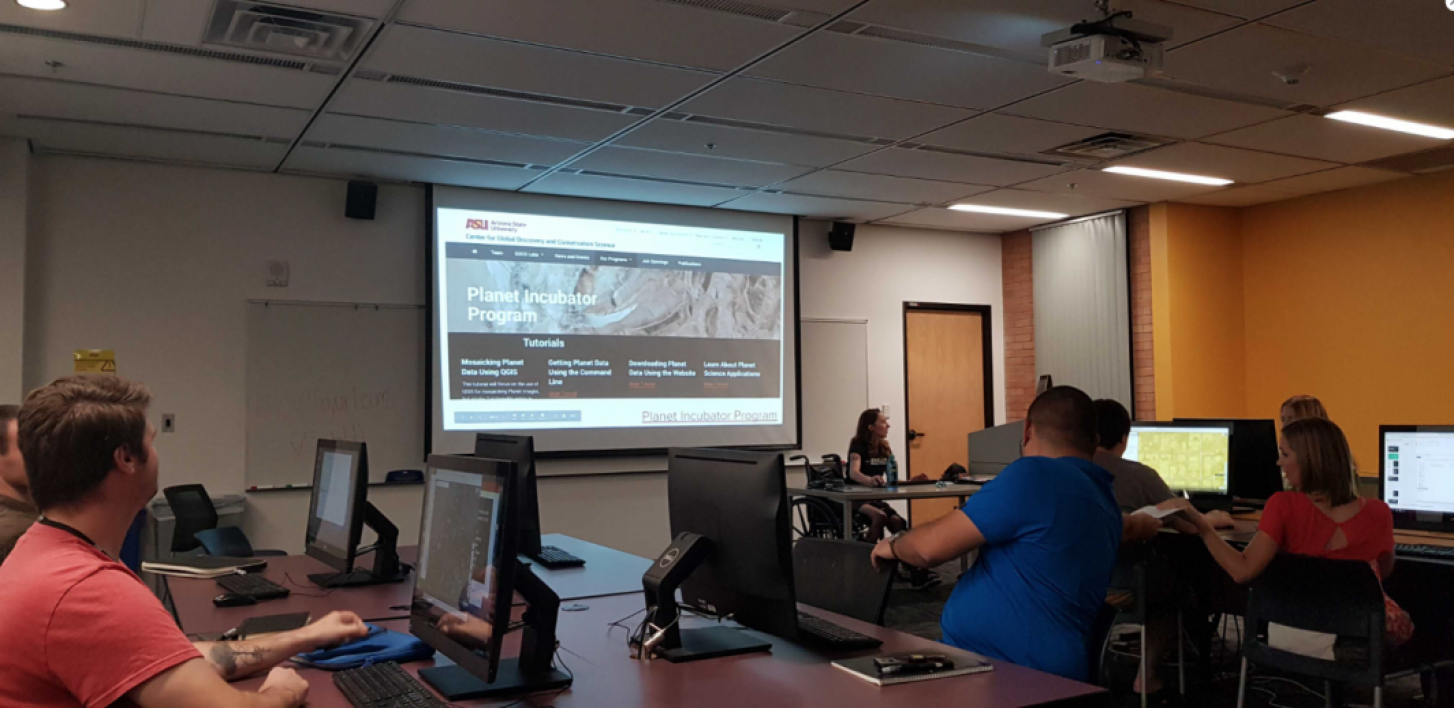From working to save Hawaiian coral reefs during the 2019 Pacific Ocean warming event to empowering hundreds of students and researchers with data from the largest constellation of satellites currently in orbit, in less than a year since launch, Arizona State University’s Center for Global Discovery and Conservation Science is already making impressive impacts on global environmental decision-making.
“We have been building this center since the day we landed at ASU, and with the support of the Knowledge Enterprise, ASU Foundation and the donor community, we have been building it up quickly,” said Greg Asner, director of the center and professor in the School of Geographical Sciences and Urban Planning. “The purpose of the center is to do science in a way and at a scale that has a major impact on conservation resource management and policy decision-making.”
Launched in January 2019 following the appointments of Asner as center director and Robin Martin as associate professor for the School of Geographical Sciences and Urban Planning, the center focuses on increasing the impact of new science and technology to generate solutions for a more sustainable future.
Using innovative methods, cutting-edge modeling techniques and artificial intelligence, center scientists research complicated interactions of Earth’s land, atmosphere and oceans to understand how global systems operate.
“Our center's work is important because it brings to ASU a capability that we've developed over the last 20 years to generate scientifically robust information at scales unachievable in the past and in a way that has a direct role in environmental decision-making,” Asner said.
The center is an expansion of a vision and operation Asner started himself 18 years ago at the Carnegie Institution for Science on the campus of Stanford University and is based not only on Asner’s lab's work, which includes global coral reef mapping and measuring plant biodiversity in tropical forests, but on the process of hiring and supporting new professors who want to have the same kind of discovery and conservation impact.
The Center for Global Discovery and Conservation Science 2019 milestones include:
• Launch of the Planet Incubator Program: Empowering students and researchers with a catalog of imagery from Planet, an Earth-imaging company operating the largest constellation of satellites currently in low Earth orbit.
• Acquisition of the Global Airborne Observatory: A highly modified Dornier 228-202 aircraft that carries the most advanced mapping technology operating in the civil sector today.
• Publishing of dozens of papers from work in a diverse range of ecosystems from tropical forests to savannas that utilize cutting-edge modeling techniques and artificial intelligence.
• Secured new grants including $250,000 in funding from the Lenfest Ocean Program for the current mission to map coral reefs across the Hawaiian islands.
With the quick rev up and early success, Asner suggests that more great things are to come from the center in the near future.
“All of this expansion is in the service of generating bigger impacts around the world in the name of ASU and also in connection to our student body and our faculty,” Asner said.
Top photo: The ASU Center for Global Discovery and Conservation Science's Global Airborne Observatory flying over Hawaii. Photo courtesy Center for Global Discovery and Conservation Science.
More Environment and sustainability

ASU launches groundbreaking partnership to address water insecurity in Arizona
For the past two years, Arizona has contended with record-breaking heat and over 1,000 heat-related deaths in Maricopa County alone. However, the county is just a microcosm of the rest of the…

There's a rattlesnake in your backyard: What do you do?
A snake slithers onto your back porch one sunny morning.What do you do?Call a relocation expert, grab a shovel and try to kill the reptile, or do nothing?That moral quandary is at the center of…

Pettinger to guide Southwest Sustainability Innovation Engine's sustainable technologies to market
There’s a lot of daylight between coming up with a good idea and turning that idea into something people can use.Katie Pettinger is here to help bridge that considerable gap. As the new chief…



